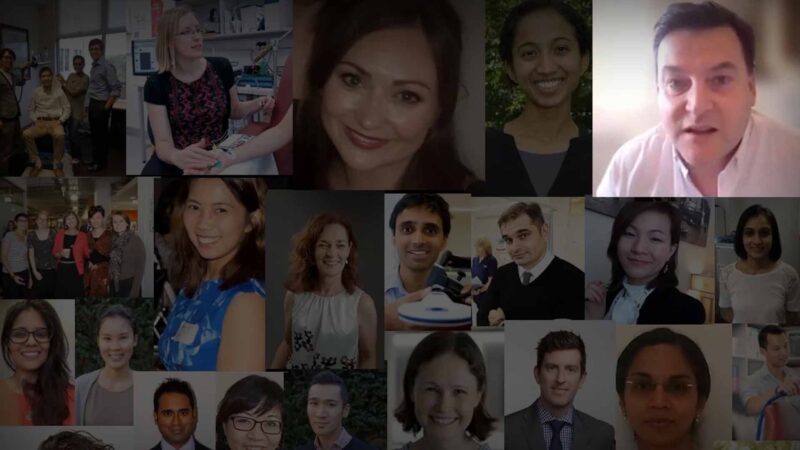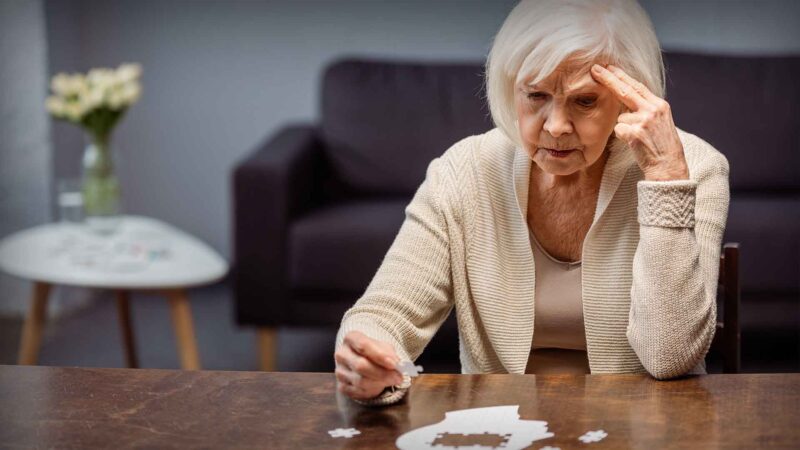People In Health Care; Dr Gaj Panagoda,
empowering underprivileged communities
Xstitch Health takes project based approach to
creating community-driven,
sustainable health outcomes
Dr Gaj Panagoda, CEO of Xstitch Health, has a diverse medical background and is working to improve health systems for underprivileged communities. In the Australian Health Journal’s People In Health Care series, he talks about the changes needed in community-based care using a project based approach,
According to Dr Panagoda, there is a need for a shift towards community-based care and collaboration with stakeholders in the healthcare system, and the potential to create a new kind of socially conscious, inspired, community-informed medical specialist is the future of medical specialty care.
Project-based job outcomes are clear, post-COVID community-based health systems are innovative, and the six pillars of Xstitch involve working with communities to identify strengths and challenges, collaborating with stakeholders, and deciding what’s needed.
Communities, including underprivileged ones, have untapped strengths that can be harnessed for their own healthcare journeys, and Xstitch Health aims to do something different by focusing on change management, policy, and governance.
“We are looking at a unique model to fund health projects based on community-defined issues and deliverables, with most interest coming from schools”, says Dr Panagoda.
He’s seen, schools in underprivileged areas that are providing services for students with particular needs, are interested in working better with health systems, to address acute issues.
Dr Panagoda believes medical specialists in Australia have untapped potential to address the wider needs of patients and can start taking action on their collective knowledge without waiting for higher positions.
Xstitch Health offers a new kind of job for doctors, combining patient care with system improvement and the opportunity to work in various locations.
Health professionals need support in their role in communities and a collaborative model for medical specialists is being developed to have a big impact across Australia.
You Might also like
-
Generosity of spirit in teaching
The Ramaciotti Medal for Excellence is considered one of the most prestigious awards in biomedical research in Australia and is highly sought after by researchers in the field.
In 2022, Professor Matthew Kiernan was the recipient of the Ramaciotti Medal for Excellence and the associated $50,000 award.
Australian Health Journal spoke with Professor Kiernan to hear about his journey in medicine and science to try and uncover and understand diseases and his generosity of spirit to pass on what he has learnt.
-
Role of milk in cognitive function and quality of life in older adults
New research emphasises the role of cows’ milk, particularly A1 protein free milk, in enhancing cognitive function and quality of life for older adults with mild cognitive impairment (MCI). A multi-centre, double-blinded, randomised controlled clinical study published in *The Journal of Nutrition, Health and Aging* evaluated 88 milk-tolerant Chinese adults aged 65-75 over three months. Participants consumed either ordinary skim milk or A1 protein free skim milk, leading to improvements in various cognitive assessments.
-
National Cancer Plan activates Australian Comprehensive Cancer Network
The landscape of cancer care in Australia is set to transform with the Australian Government launch in May 2024 of the Australian Comprehensive Cancer Network (ACCN) at the Innovations Showcase event, hosted by Cancer Australia in Sydney, Australia.
The ACCN is a nationally integrated system of cancer care, aimed at enhancing patient experiences and outcomes through coordinated and equitable access, by linking to comprehensive cancer services across Australia. Anchored by Comprehensive Cancer Centres (CCCs), the ACCN strives to deliver evidence-driven prevention, diagnosis, treatment, and support to all Australians affected by cancer.



